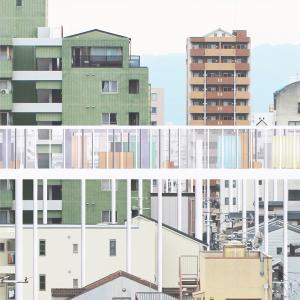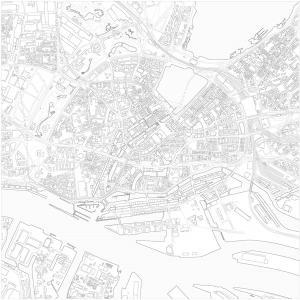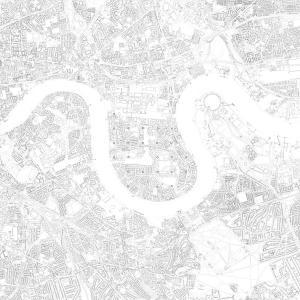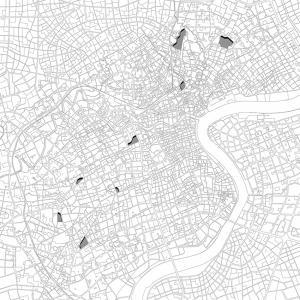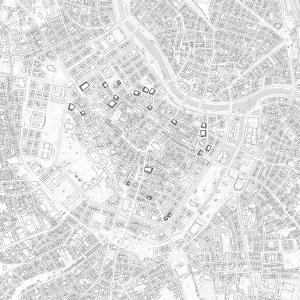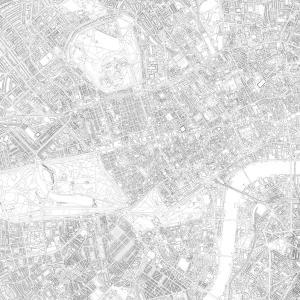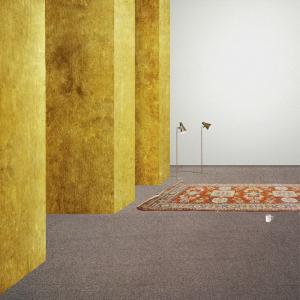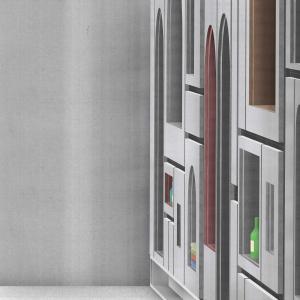
Dip 14
The Grand Domestic Revolution: Revisiting the Architecture of Housing
DIP-14While the noun ‘house’ emphasises the symbolic dimension of the domestic realm, the term ‘housing’ focuses on its functioning – the process of containing subjects by subtly defining their way of life. In this sense, Le Corbusier gave the most precise definition of housing when he said that the house is a machine à habiter. This definition allows us to understand housing not only as the space of the ‘everyday’ but also as a multifarious apparatus that brings together social, economic, juridical and cultural domains.
This year Diploma 14 departed from this understanding of housing, working towards the invention of new forms of domestic space. Once believed to be
a place of stability and recovery from the social world of production, housing has become the most uncertain domain: more than any other single thing, it reveals the highly subjective dimensions of the current economic crisis. As Maurizio Lazzarato has recently argued, the neoliberal economy is a subjective economy that is no longer based – as classical economics was – on the barterer and the producer. A fundamental figure of the neoliberal economy is the ‘indebted man’ – that is, the indebted consumer, the indebted user of the welfare state and, in the case of nation-state debt, the indebted citizen. Housing in the form of property has played a fundamental role in the making of the indebted man. But since this system has failed to ‘take care’ of its subalterns, the time has come to propose alternatives to traditional forms of home ownership. The issue for this year’s unit was to rethink forms of housing, going beyond home ownership towards more sharable and collective ways of inhabiting space.
A fundamental focus of the unit is the idea of domestic space and how its radical reform can be understood as an act of political and social imagination. Each student worked individually on a specific project developed both as a political and economic framework and as a precise architectural proposal. Within such research, the interior becomes the key place for design exploration; by changing spatial proportions, and thus conventions and habits, Diploma 14 ultimately seeks to redefine and challenge our relationship with the spaces in which we dwell.
Unit STAFF
Pier Vittorio Aureli
Maria Shéhérazade
Giudici
Thanks to
Luca Galofaro, Sam Jacoby, Adrian Lahoud, Lars Lerup, Charles Rice, Andreas Rumpfhuber, Douglas Spencer, Troy Conrad Therrien, Thomas Weaver.
